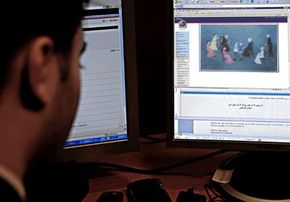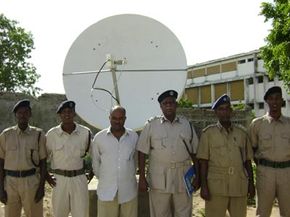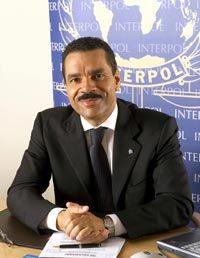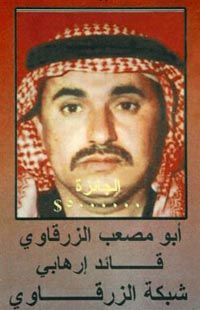Interpol is an international police agency that helps other law-enforcement agencies track criminals who operate across national borders. Although Interpol's work is not always as exciting or glamorous as fictional accounts would have you believe, the organization's databases, communications protocols and international notices are vital tools in the fight against international crime.
The full name of Interpol is the International Criminal Police Organization, or the ICPO. It may also be abbreviated as OICP, for Organisation Internationale de Police Criminelle, the French version of the name. Usually, it is referred to as Interpol, a name first selected as the telegraph shorthand name for the agency.
Advertisement
Interpol is fully autonomous and independent of any single country. There are 186 member countries (see the full list here). Interpol remains politically neutral and does not participate in any action involving politics, race or religion. The agency is focused on several key areas of crime:
- Terrorism
- Sexual abuse of children and child pornography
- Organized crime
- International fugitives
- Computer crime, including identity theft and theft of financial information
Interpol also monitors and fights against human trafficking, the smuggling and sale of illegal drugs, money laundering, environmental crime, fraud and intellectual property crimes.
Advertisement






